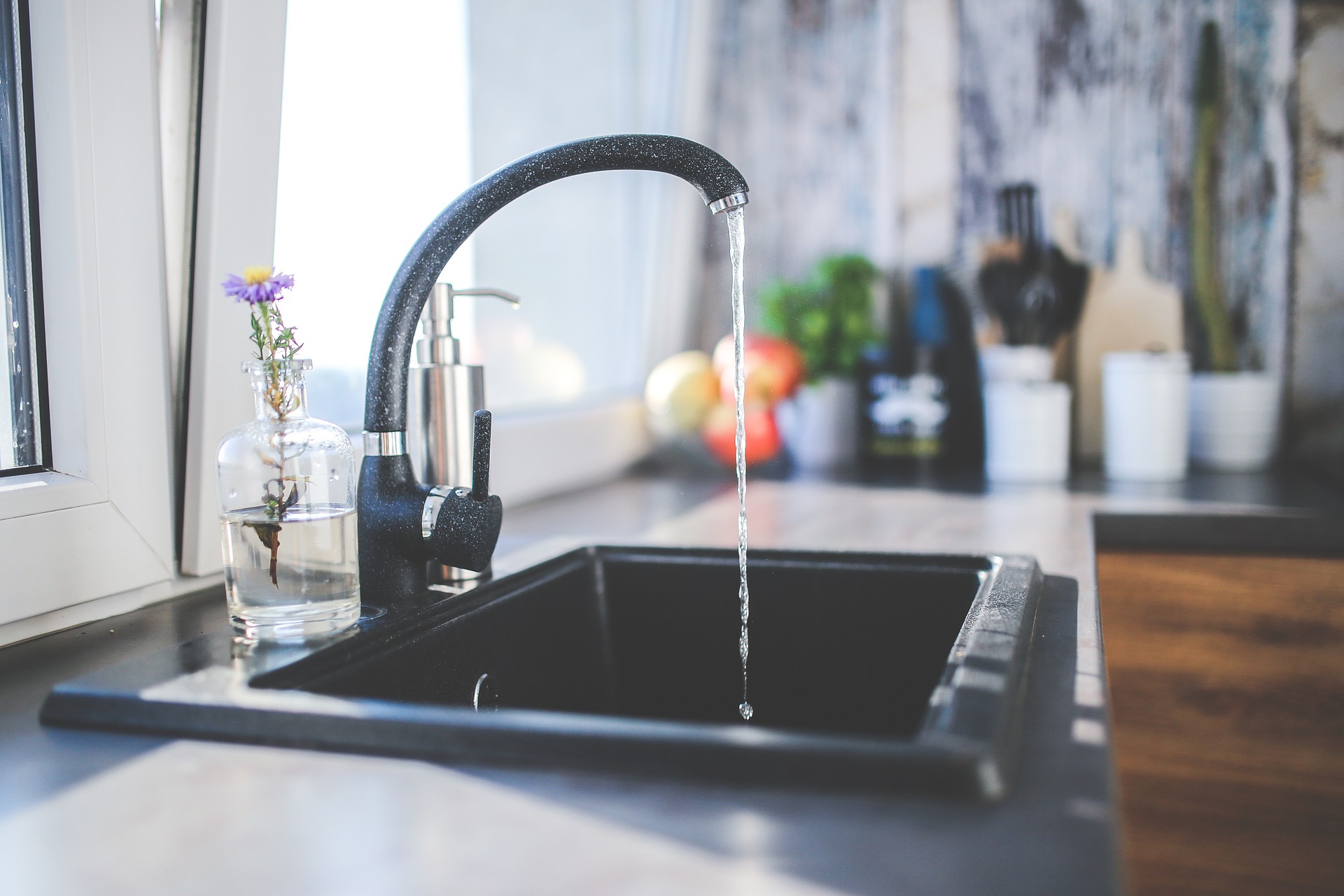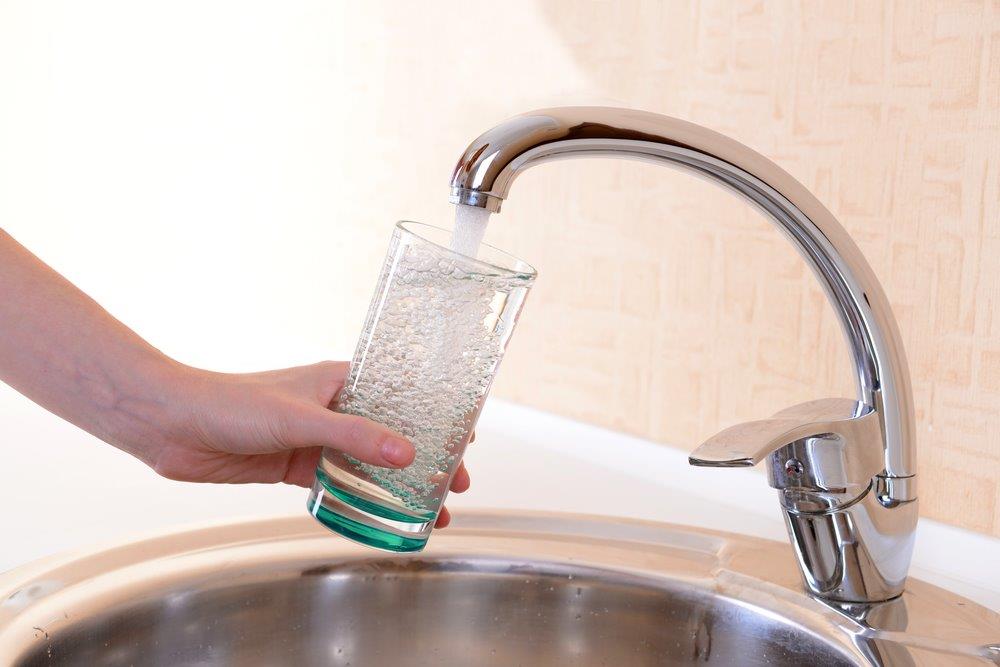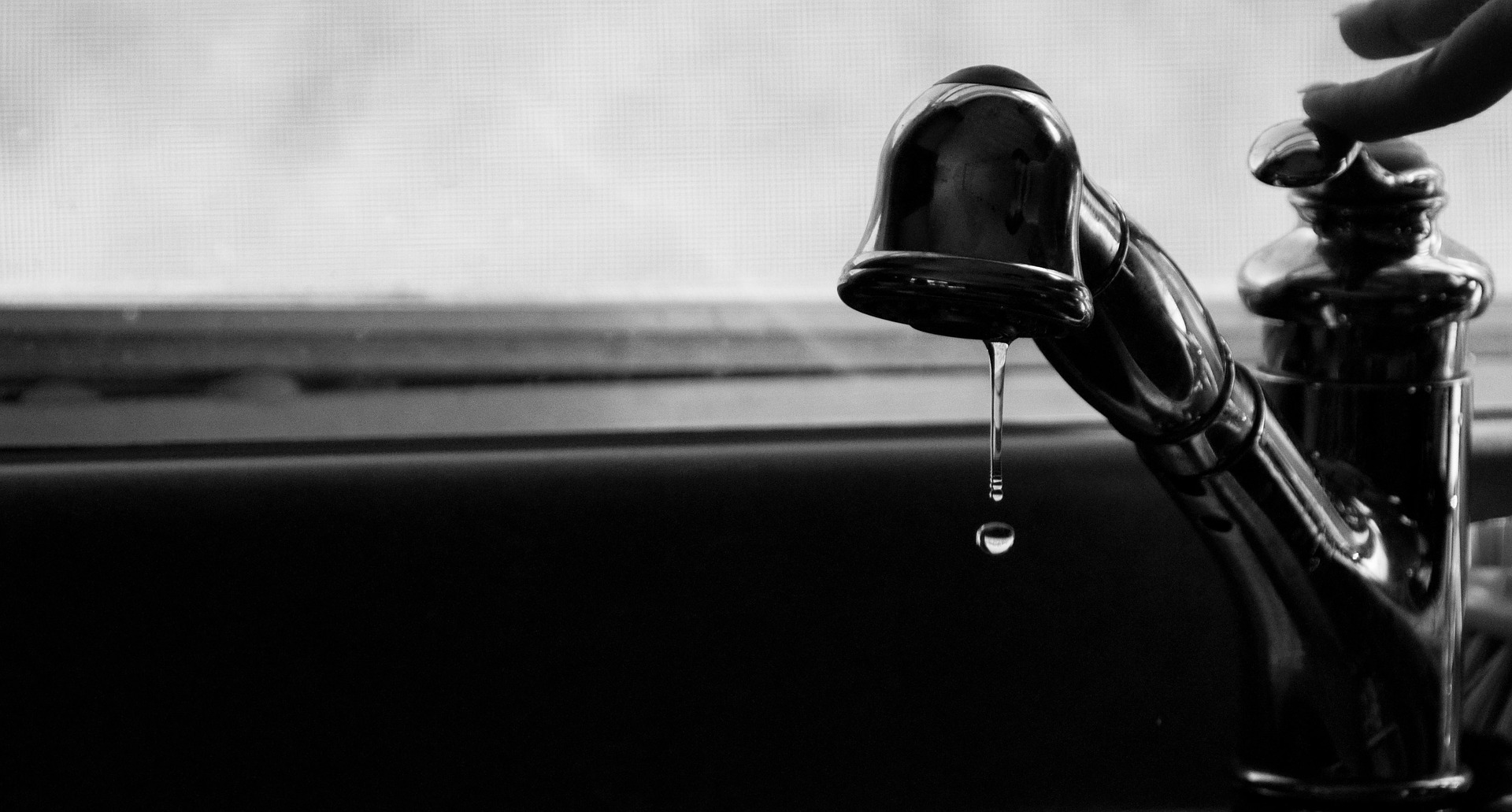Private Wells
How and why to test your well water, and what to do next.
Nearly half of New Hampshire residents get their water supply at home from a private well, meaning a well that is not part of a public water system. Most private wells in New Hampshire provide water that contains harmful levels of contaminants – usually minerals that occur naturally but are harmful nevertheless. The most common of these contaminants – radon and arsenic – increase the risk of cancer and other diseases if consumed over a period of years.
Related Content

Collected samples can be taken to a laboratory
When buying a home, NHDES recommends a “NH Well Water Test for Home Buyers.” The sample can be taken by the home buyer, the buyer’s real estate agent, the buyer’s home inspector, or a laboratory. Use an accredited laboratory. The laboratory will provide the sample bottles and instructions on taking the samples. For homeowners and renters using private wells, NHDES recommends a broader set of tests, including testing a sample of stagnant water (sitting in the pipes overnight) for lead and copper.

What to do with the test results
After you receive a report from the laboratory with the results of the tests you ordered, visit NHDES’ Be Well Informed website. There you will enter your test results, see the results explained, and see what your options are for treating the water.

Making informed decisions based on water test
NHDES recommends that all homeowners with private wells get their well water tested every three to five years. Some common contaminants have no taste, odor or color. The only way to know whether they are present, and at what levels, is to have the water tested. Once you test the water, you can make an informed decision to either filter or otherwise treat the water before using it. While there is no state requirement to have your well water tested, mortgage lenders and some towns may require testing (through local health or building codes).
NHDES publishes guidance for municipalities to adopt a clear potable water definition, see Guidance to Refine the Potable Water Definition in New Hampshire Municipal Building Codes.




